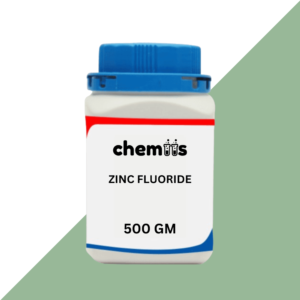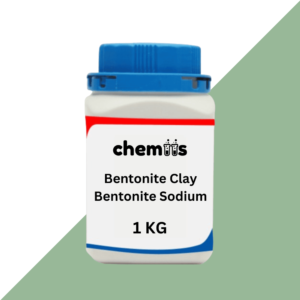Nickel Fluoride (NiF2) is an inorganic compound recognized for its stability, reactivity, and unique properties. This green crystalline material is used in specialized applications across various industries, such as catalysis, battery technology, and surface treatment. Its fluoride ions make it valuable in chemical reactions requiring high reactivity. Nickel Fluoride is a vital compound for cutting-edge material development and industrial innovation.
Applications
1. Catalysis
Nickel Fluoride is used as a catalyst or catalyst precursor in chemical processes, especially in the fluorination of hydrocarbons and organic synthesis.
2. Battery Technology
It is an important component in advanced battery systems, particularly in nickel-based rechargeable batteries, where it contributes to energy storage and efficiency.
3. Surface Coatings
Nickel Fluoride is employed in the formation of corrosion-resistant and wear-resistant coatings for metals, extending their operational life in harsh environments.
4. Chemical Synthesis
The compound is used in the synthesis of specialty nickel-based materials and fluorinated compounds, aiding in material development for various industries.
5. Research and Development
Nickel Fluoride is utilized in scientific research for exploring new fluorine-containing materials and their potential industrial applications.
6. Glass and Ceramic Industries
In the production of specialty glasses and ceramics, Nickel Fluoride imparts unique optical and structural properties.
Safety and Handling
Precautions:
- Personal Protective Equipment (PPE): Wear chemical-resistant gloves, safety goggles, and a respirator mask to prevent exposure.
- Work Environment: Always use Nickel Fluoride in a well-ventilated area or under a fume hood to avoid inhalation of dust or fumes.
- Storage: Store in a dry, sealed container, away from moisture, heat, and incompatible substances like acids or oxidizing agents.
First Aid Measures:
- Inhalation: Move the individual to fresh air and seek immediate medical attention if breathing difficulty occurs.
- Skin Contact: Wash the affected area thoroughly with soap and water. Remove and wash contaminated clothing.
- Eye Contact: Flush eyes with plenty of water for at least 15 minutes and consult a healthcare professional.
- Ingestion: Do not induce vomiting. Rinse the mouth and seek immediate medical advice.
Environmental Precautions:
Dispose of Nickel Fluoride in compliance with local environmental regulations. Avoid discharging it into soil, drains, or water bodies to prevent contamination.








Shweta Dubey (verified owner) –
Just as expected.
Ankur Tyagi (verified owner) –
Just as expected.
Sheetal Mehrotra (verified owner) –
Reliable supplier.
Harsh Vardhan (verified owner) –
Will definitely order again.
Gaurav Pandey (verified owner) –
On-time and well-packed.
Deepak Singh (verified owner) –
User-friendly website.
Tushar Kohli (verified owner) –
No leakage or damage.
Manju Devi (verified owner) –
Great for bulk purchase.
Siddharth Dasgupta (verified owner) –
Quick and safe delivery.
Nikhil Malhotra (verified owner) –
Better than local suppliers.